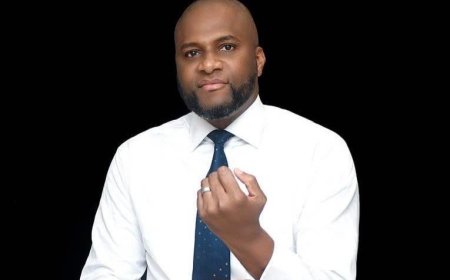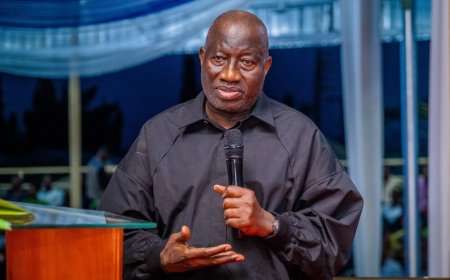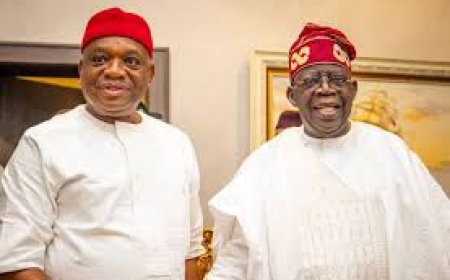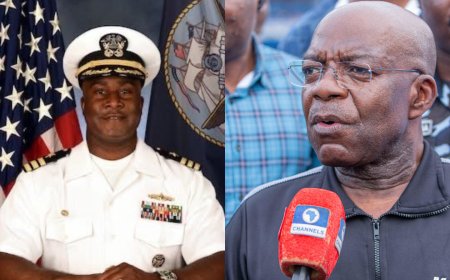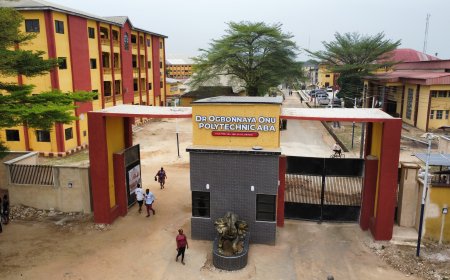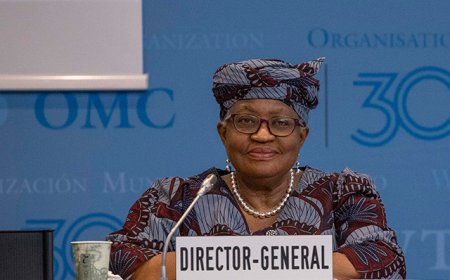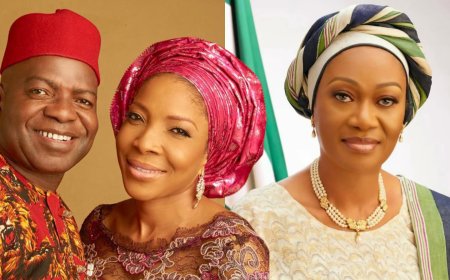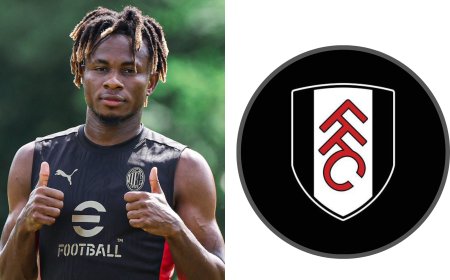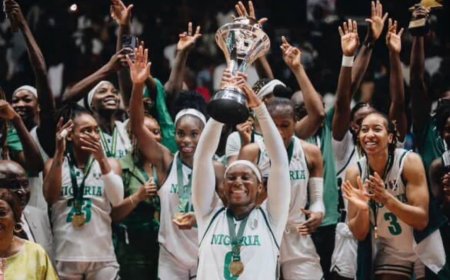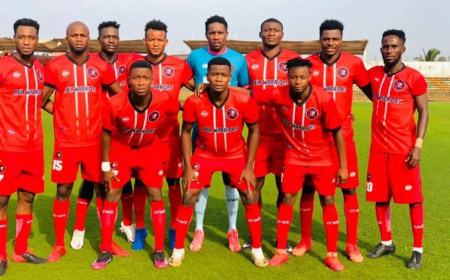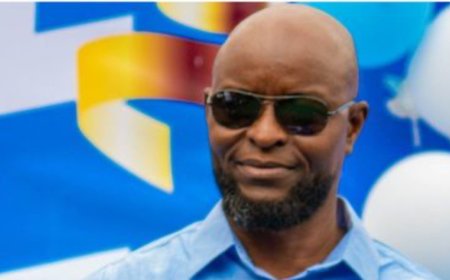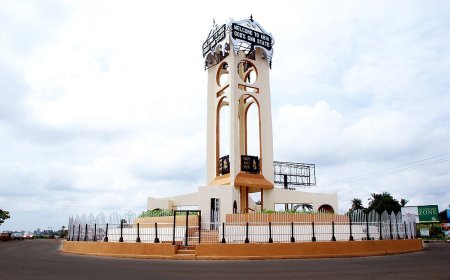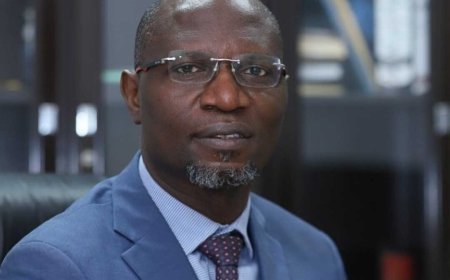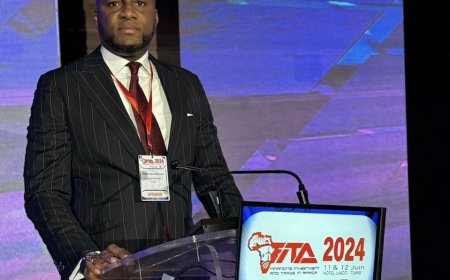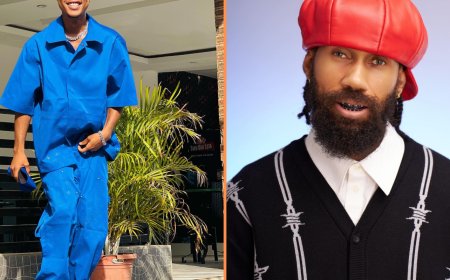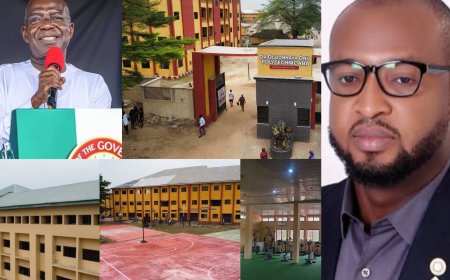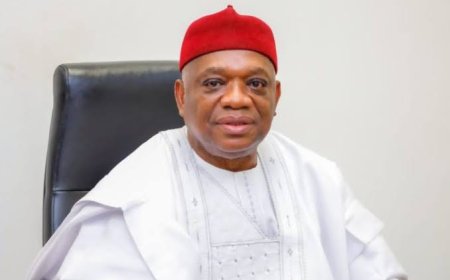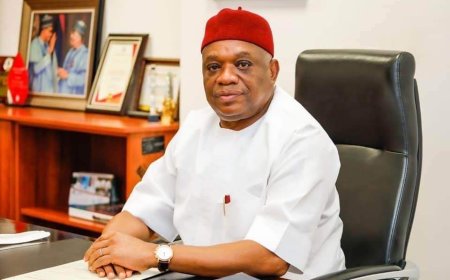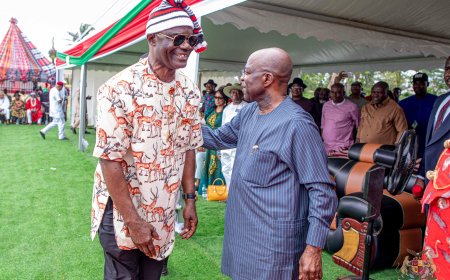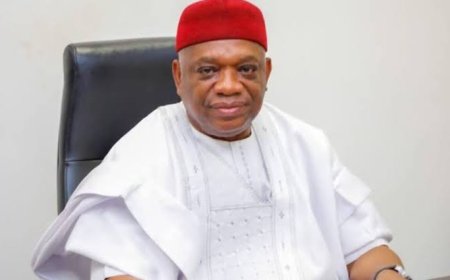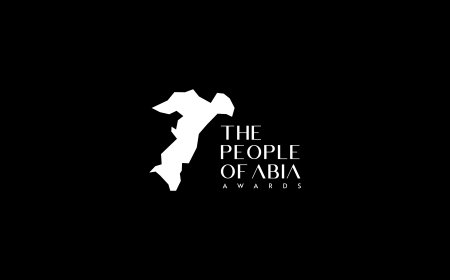From Accusation to Apology: Toby Chuks Makes U-Turn in Otti Defamation Saga
Tobias Egeonu (Toby Chuks) apologizes to Governor Alex Otti over a Facebook post that led to a ₦50bn defamation suit. He admits personal political motives and deletes the offending publication.

Hon. Tobias Chukwudi Egeonu, popularly known as Toby Chuks, has publicly apologized to Abia State Governor Dr. Alex Otti over a viral Facebook post that sparked a ₦50 billion defamation lawsuit currently before the Federal Capital Territory High Court in Bwari, Abuja.
In the controversial post published on December 8, 2024, and titled “What Alex Otti Cannot Destroy Does Not Exist,” Egeonu had accused Governor Otti of financial mismanagement during his time as Group Managing Director of the defunct Diamond Bank and alleged corruption in his current role as Governor of Abia State.
Those claims, which Egeonu now admits were unfounded, prompted Governor Otti to file a libel suit through his legal team led by Dr. Sonny Ajala (SAN). The suit demands a full public retraction, a written apology in four national newspapers, and damages amounting to ₦50 billion.
In a fresh Facebook post published Monday, Egeonu admitted that his original comments were motivated by personal political resentment, tracing back to the 2015 APGA House of Assembly ticket saga in Umunneochi State Constituency.
“I take full responsibility for my actions and I am truly sorry for the offence and any harm caused Your Excellency as a result of the said publication,” Egeonu wrote. “I understand that the publication does not reflect the standards expected of me as a public affairs analyst.”
Egeonu claimed that he was on track to secure the APGA ticket in 2015 before it was ceded to Ikedi Ezekwesiri, a defector from PDP to APGA alongside Otti. He also mentioned a second disappointment involving the Zenith Labour Party (ZLP), alleging that Otti’s influence cost him the position of Deputy Chairman in his local government area.
Egeonu revealed that the damaging claims he made about Otti’s banking career were lifted from a post on Nairaland, an online forum known for its user-generated content. “However, I hereby own it that I erred in all of it,” he acknowledged.
As part of his apology, Egeonu said he had deleted the Facebook post and pledged never to make such statements again. “I have been rebuked by people, I have been reprimanded by even priests. Therefore, I have seen reasons to retrace and redress my steps,” he wrote.
He appealed directly to Governor Otti: “Sir, I hope you find a place in your heart to forgive me. Once more, I apologize.”
Despite the apology, the ₦50 billion libel suit is still active. During the last court sitting on July 3, 2025, Egeonu and his lawyer were absent. Justice A. O. Ebong admitted the original Facebook publication and related documents into evidence and adjourned the case to December 8, 2025, for cross-examination of the prosecution’s first witness.
Governor Otti’s legal team had earlier described Egeonu’s allegations as “a syndicated tissue of wicked and malicious lies.” The court may still rule on whether the apology affects the direction of the case or the damages sought.
While the legal process unfolds, Egeonu’s public apology marks a notable turning point in a saga that blends personal political grudges, the power of social media, and the increasing seriousness with which Nigerian courts are treating online defamation.




